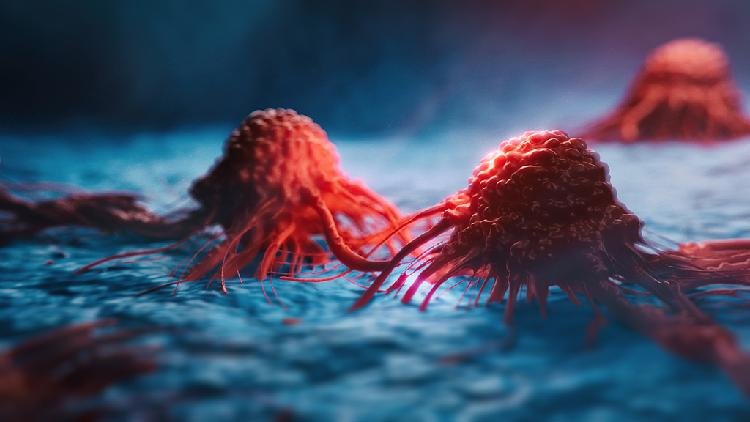Research shows how tumors exploit crucial nutrient to avoid immune response
Chinese scientists have uncovered a concealed metabolic relationship between breast cancer cells and immune cells that contributes to aggressive tumor behavior and resistance to immunotherapies. The study highlights the way tumor cells utilize...

Professor Hu Hai, a dual appointee as a researcher at the Hangzhou Institute of Medicine, Chinese Academy of Sciences, and chief physician at Zhejiang Cancer Hospital, led the research alongside Professor Luo Man-Li from Sun Yat-Sen University and Professor Li Hongde from HIM. The findings were published in Cancer Cell on April 3.
The team found that breast cancer cells function as "arginine factories" within the tumor microenvironment, enriching this area with the nutrient. While arginine is crucial for normal immune function, cancer cells manipulate it to reprogram nearby tumor-associated macrophages (TAMs), a specific type of immune cell. Once these macrophages are reprogrammed, they suppress the activity of CD8+ T cells, which are the immune system's primary defenders against cancer, ultimately promoting disease progression.
Employing advanced single-cell and metabolic analysis techniques, the researchers detailed how arginine produced by cancer cells alters the tumor microenvironment. They discovered that TAMs take up arginine and convert it into polyamines—molecules that modify the genetic programming of the macrophages. This alteration locks the TAMs in a pro-tumor state, hindering immune responses and allowing tumors to flourish.
The implications of these findings point toward potential new treatment strategies. By disrupting arginine metabolism, the researchers were able to restore CD8+ T cell activity and reduce tumor growth in preclinical models. As a result of these insights, they propose the combination of arginine- or polyamine-targeting drugs with existing immunotherapies to interrupt the cycle of immune suppression.
Although the research is centered on breast cancer, the scientists propose that this metabolic interaction may also be utilized by other types of tumors to evade immune detection. This discovery represents a significant advancement towards developing precision therapies that can simultaneously deprive tumors of their metabolic resources while enhancing immune system efficiency—a dual strategy that could transform cancer treatment.
Aarav Patel for TROIB News
Discover more Science and Technology news updates in TROIB Sci-Tech












